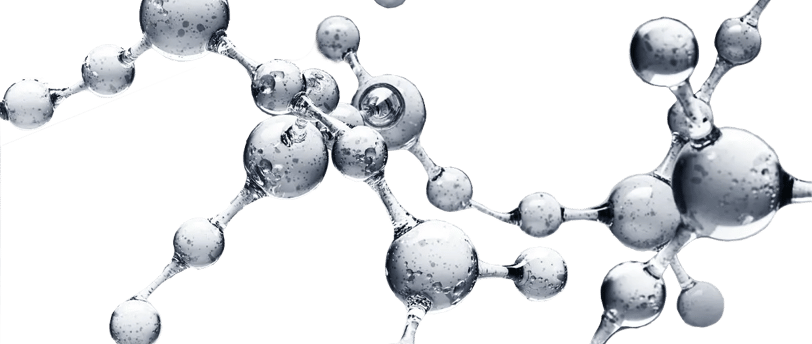NAD+
The Antioxidant Effects
1/8/20251 min read


Nicotinamide adenine dinucleotide (NAD+) and its metabolites function as critical regulators to sustain the body's everyday processes, allowing cells to adapt to environmental changes such as nutrient imbalance-induced intake deficiency, genotoxic factors, sleep-wake disorders, infection, inflammation, and xenobiotics.
These effects are mainly achieved through the driving effect of NAD+ on metabolic pathways as proton-transferring enzyme adjuvants in redox reactions.
In addition, many NAD+-dependent enzymes are involved in physiology either through post-synthesis chemical modification of DNA, RNA, and proteins or by releasing the second messenger cyclic ADP-ribose (cADPR) and NAADP+.
A prolonged imbalance of NAD+ metabolism disrupts the body's chemical functions, leading to diseases such as molecular damage, cancer, aging, and dysfunction of nerve cells.
Molecular mechanisms at the cellular level are regulated by NAD+ in response to stress, NAD+ deficiency alters cellular communication networks and contributes to the development of various diseases.
